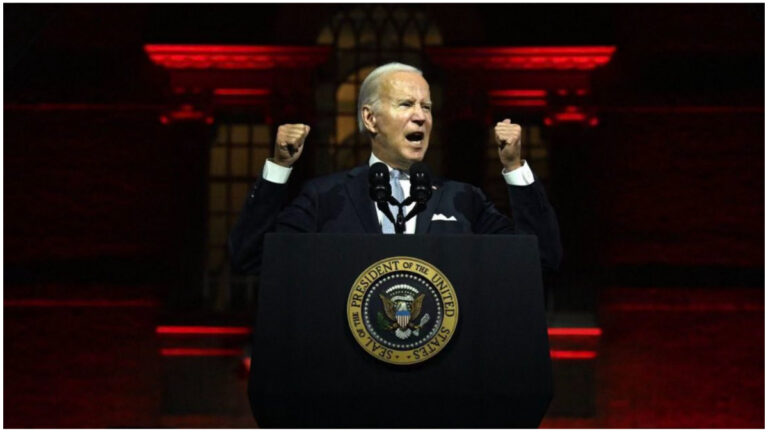
House Republicans voted 218-203 Wednesday to overturn President Joe Biden’s student loan forgiveness even as the U.S. The Supreme Court considers the legality of the measure.
Rep. Bob Good, R-Va., led the effort to overturn Biden’s loan cancelation via the Congressional Review Act, a provision that allows Congress to overturn recently enacted federal rules. The Government Accountability Office recently said that the student loan rule fell within Congress’ authority to overturn under the CRA.
“President Biden’s student loan transfer scheme shifts hundreds of billions of dollars of payments from student loan borrowers onto the backs of the American people,” Good told The Center Square. “I am proud to lead the fight against President Biden’s reckless, unilateral, and unauthorized action that would unfairly penalize those who worked hard to pay off their loans or who never took them out in the first place. I am pleased that my Republican colleagues overwhelmingly supported my legislation on the House Floor this week.”
Biden announced last year his administration would “forgive” $10,000 in federal student loan debt for those making less than $125,000 per year. For Pell Grant recipients, the debt cancelation would total $20,000, and the plan would allow debtors to to cap repayment of their loans at 5% of their income.
“Whether you want it or not—and you don’t—thanks to Biden’s student loan bailout every man, woman, and child in America will be taxed $3,527 to foot the bill for someone else’s debt,” Rep. Aaron Bean, R-Fla., said Wednesday.
The U.S. Congressional Budget Office estimated the provision would cost taxpayers about $400 billion.
Committee for a Responsible Federal Budget Senior Vice President and Senior Policy Director Marc Goldwein testified before Congress in March, raising the alarm about runaway federal spending, inflation, and the rise of the national debt.
“Unfortunately, the Administration’s policies have contributed to this inflation and cancellation could further exacerbate inflationary pressures if allowed by the Supreme Court to go forward,” Goldwein testified before the House Subcommittee on Higher Education and Workforce Development. “This in turn puts more pressure on the Federal Reserve to raise interest rates, which disrupts the financial, housing, and labor markets and risks pushing the economy into a recession.”
Biden has defended his plan, saying it is helping Americans struggling to pay back their debt. Student loans have been deferred several times because of the COVID-19 pandemic, first by former President Donald Trump and then by Biden. The House bill would also put an end to that delay and restart repayments for borrowers.
Critics of Biden’s plan say it unfairly punishes poorer Americans who could not afford to go to college, forcing them to subsidize wealthier Americans with degrees and more earning potential.
“President Biden is not forgiving debt, he is shifting the burden of student loans off of the borrowers who willingly took on their debt and placing it onto those who chose to not go to college or already fulfilled their commitment to pay off their loans,” Sen. Bill Cassidy, R-La., said after introducing the Joint Resolution of Disapproval earlier this year in conjunction with Good.
“It is extremely unfair to punish these Americans, forcing them to pay the bill for these irresponsible and unfair student loan schemes,” he added.
Whether the measure can get traction in the Senate, especially before the Supreme Court issues its ruling, is unlikely. A favorable court ruling, though, could push the issue for some Senate Republicans in particular.
Biden has made clear he opposes the House’s move to overturn his Department of Education rule, meaning it would almost certainly be vetoed.
The Supreme Court is expected to issue a ruling on the debt forgiveness in the coming weeks.
Casey Harper
Go to Source
Reposted with permission